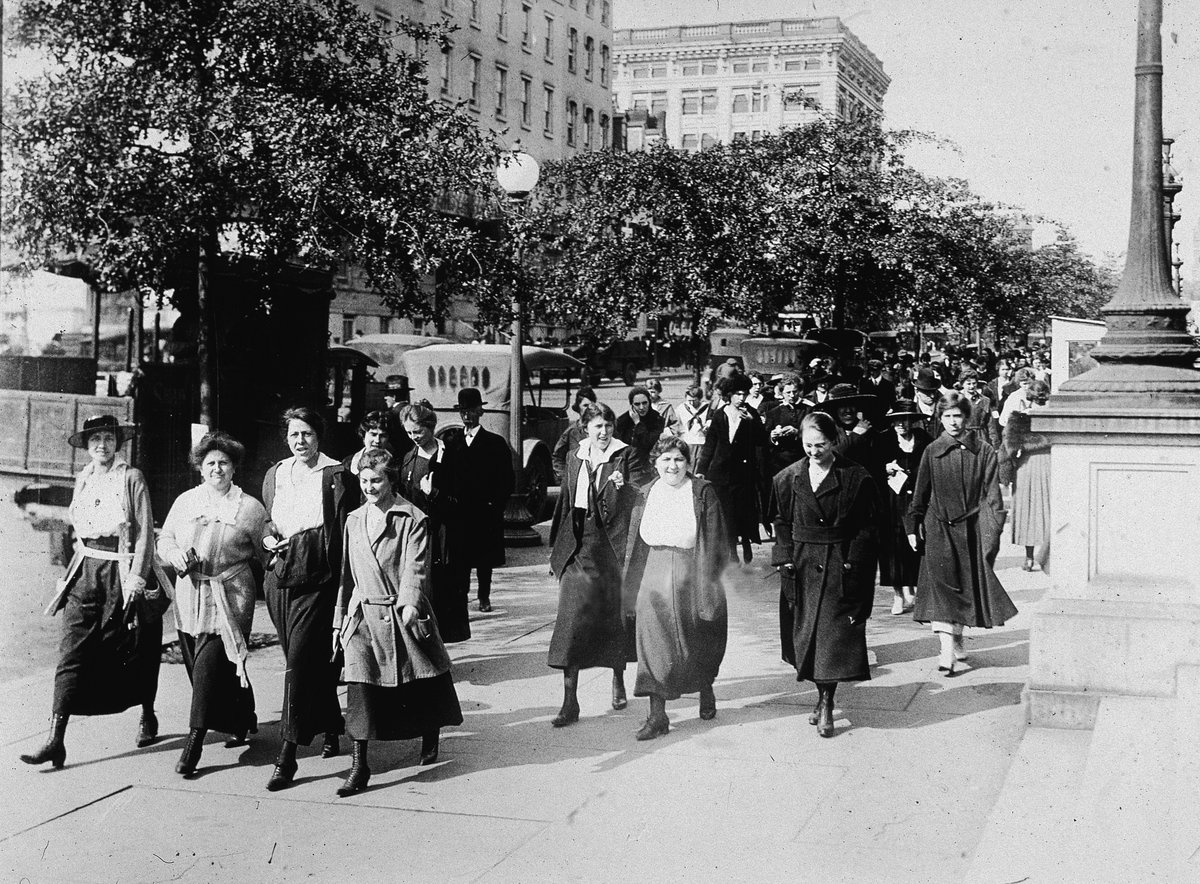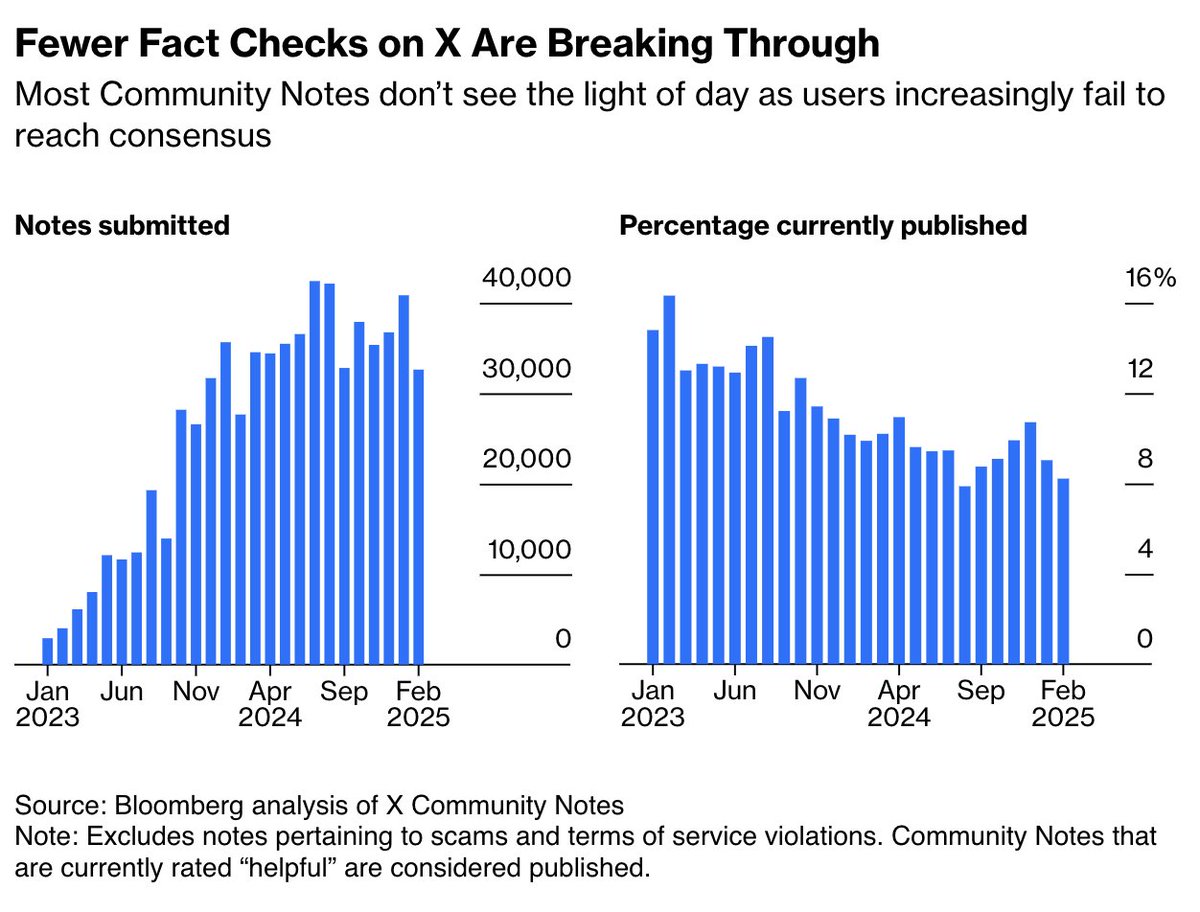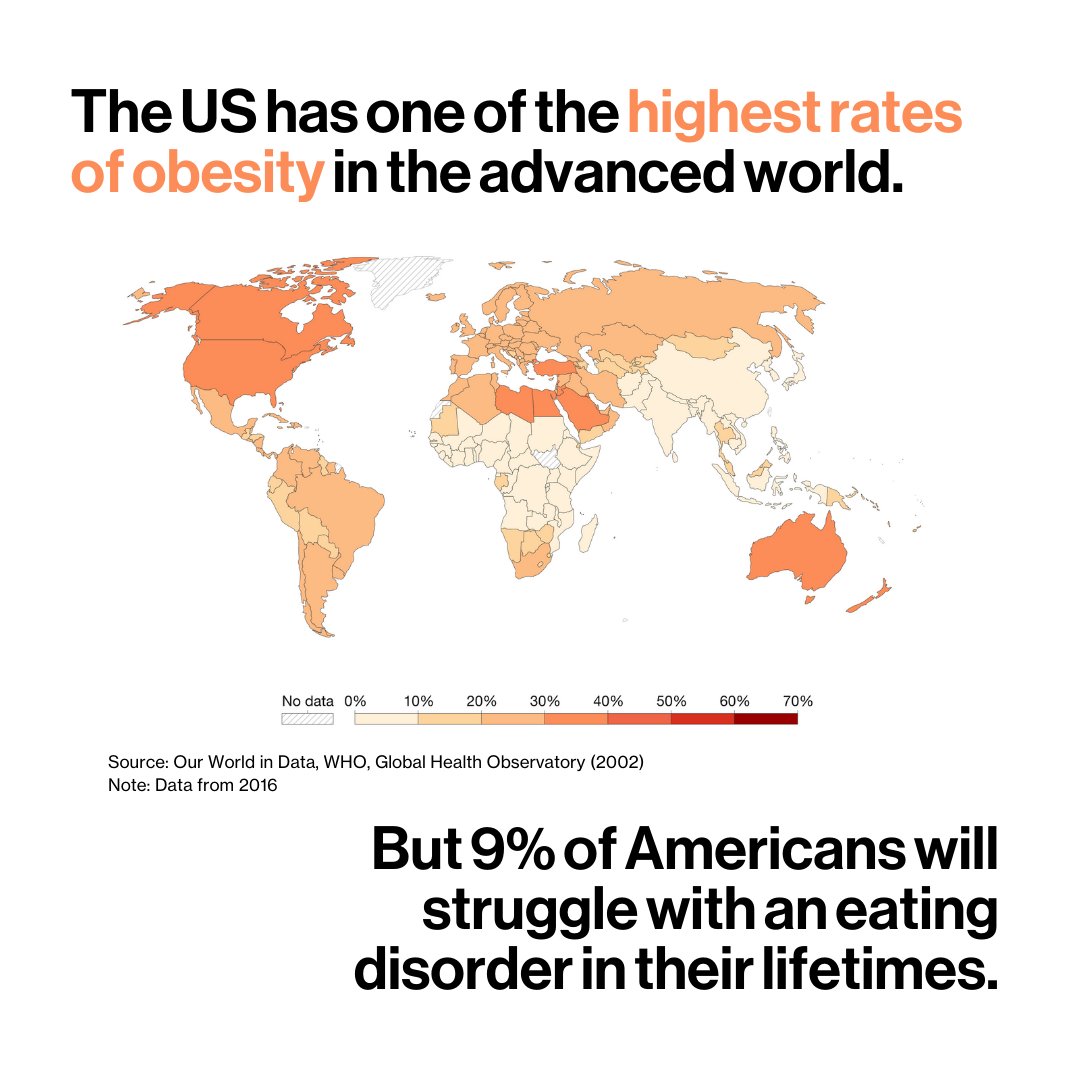With more and more people getting vaccinated each day, America is rapidly ramping up its protection against Covid-19.
What might that mean for U.S. cities and metropolitan economies? trib.al/DpUVxiO
What might that mean for U.S. cities and metropolitan economies? trib.al/DpUVxiO
During the 1918 flu, cities with aggressive lockdowns recovered fastest. M.I.T. researchers found that shutting down public places led to a higher rebound in manufacturing employment:
🚫Taverns
🚫Restaurants
🚫Other public spaces for extended periods
trib.al/DpUVxiO
🚫Taverns
🚫Restaurants
🚫Other public spaces for extended periods
trib.al/DpUVxiO

📈Researchers recently projected that demand for healthcare professionals in U.S. cities will increase post-pandemic.
📉But demand for service-industry workers — office support, customer service, food service, food processing and so forth — will decline trib.al/DpUVxiO
📉But demand for service-industry workers — office support, customer service, food service, food processing and so forth — will decline trib.al/DpUVxiO

If they’re right, we could witness some dramatic economic restructuring over the next decade.
Cities such as New York, Boston and San Francisco that have strong foundations in technology, healthcare and education should return to health quickly brookings.edu/research/in-so…
Cities such as New York, Boston and San Francisco that have strong foundations in technology, healthcare and education should return to health quickly brookings.edu/research/in-so…

Metro areas such as Las Vegas or Orlando — where growth in recent years has been driven more by tourism and hospitality — may struggle to keep pace trib.al/DpUVxiO 

Brookings notes that the pandemic exposed our heavy reliance on…
🚑Healthcare workers
🛒Grocery clerks
🚴🏽Delivery personnel
More than 22 million U.S. workers in such jobs — nearly half of all low-wage workers — earned a median wage under $15 per hour trib.al/DpUVxiO
🚑Healthcare workers
🛒Grocery clerks
🚴🏽Delivery personnel
More than 22 million U.S. workers in such jobs — nearly half of all low-wage workers — earned a median wage under $15 per hour trib.al/DpUVxiO

Clearly, Americans deeply undervalue many of the jobs and industries that are critical for our economy to function.
Whether or not we strengthen the economic power of this essential class may well define our nation’s economy for a generation trib.al/DpUVxiO
Whether or not we strengthen the economic power of this essential class may well define our nation’s economy for a generation trib.al/DpUVxiO

Which cities recover depends on how we choose to treat Americans struggling to enter the middle class.
If we stay on the same policy path, the trends that have long favored the tech-focused knowledge economy will continue to prevail after the pandemic trib.al/DpUVxiO
If we stay on the same policy path, the trends that have long favored the tech-focused knowledge economy will continue to prevail after the pandemic trib.al/DpUVxiO

A tech-focused knowledge economy will almost certainly add to the widening economic inequality we’ve seen since the 1980s, with advances in automation — some pioneered under the pressure of Covid-19 lockdowns — eliminating even more service-sector jobs trib.al/DpUVxiO 

Many Sun Belt metros have created middle-class jobs in the energy, hospitality and food-service industries over the last 40 years.
They may begin to confront some of the same challenges that have ravaged the Rust Belt trib.al/DpUVxiO
They may begin to confront some of the same challenges that have ravaged the Rust Belt trib.al/DpUVxiO

The point isn’t to save all those service-sector jobs threatened by automation.
It’s to raise workers already performing essential tasks into the middle class, by paying them wages commensurate to their value to the economy trib.al/DpUVxiO
It’s to raise workers already performing essential tasks into the middle class, by paying them wages commensurate to their value to the economy trib.al/DpUVxiO

The middle class we wish to have in America — and the one we need to maintain the vibrancy of U.S. cities — is already here.
It’s just not recognized as such by the nation’s business leaders and policymakers trib.al/DpUVxiO
It’s just not recognized as such by the nation’s business leaders and policymakers trib.al/DpUVxiO

Workers in hospitality, customer service and food service, healthcare, and other vital industries require much more than our gratitude.
They need bold policy actions to raise incomes and increase job security trib.al/DpUVxiO
They need bold policy actions to raise incomes and increase job security trib.al/DpUVxiO

Biden’s $1.9 trillion American Rescue Plan pushes middle-class security in the right direction.
It’s a bold gambit to stimulate the U.S. economy. It should also be a blueprint for how we establish social priorities for our post-pandemic future trib.al/DpUVxiO
It’s a bold gambit to stimulate the U.S. economy. It should also be a blueprint for how we establish social priorities for our post-pandemic future trib.al/DpUVxiO

• • •
Missing some Tweet in this thread? You can try to
force a refresh














